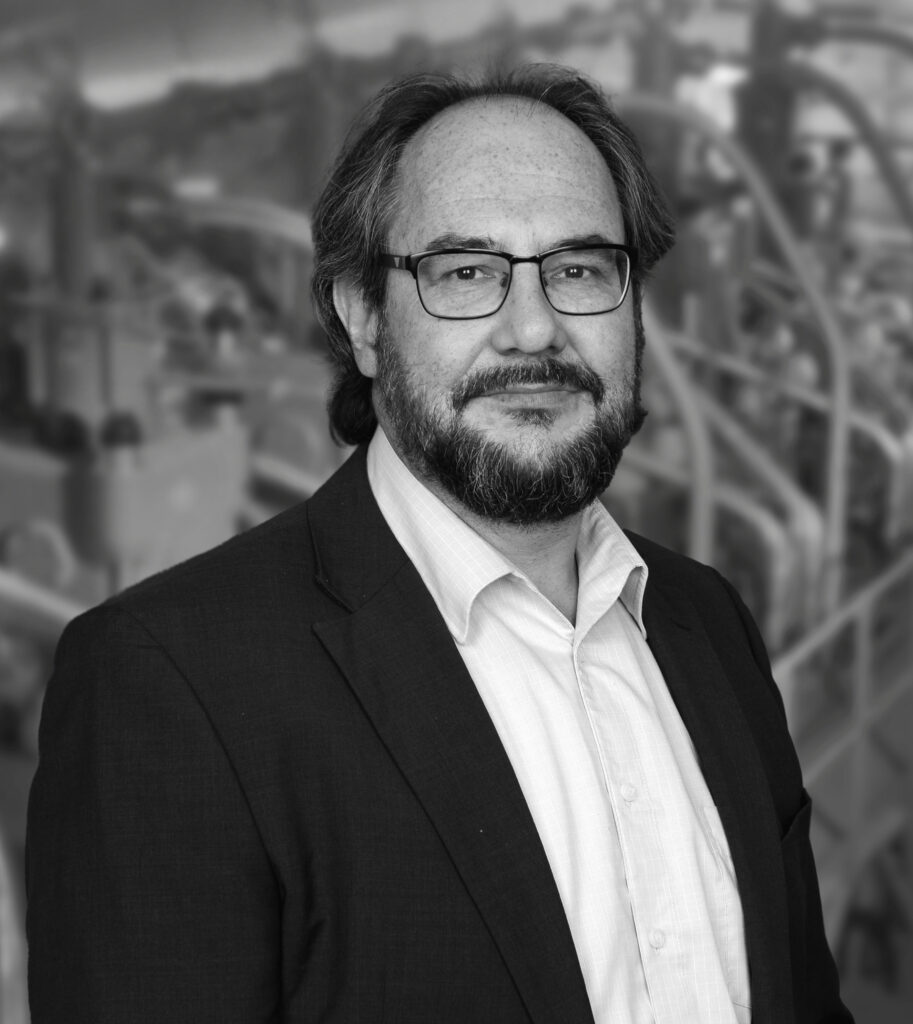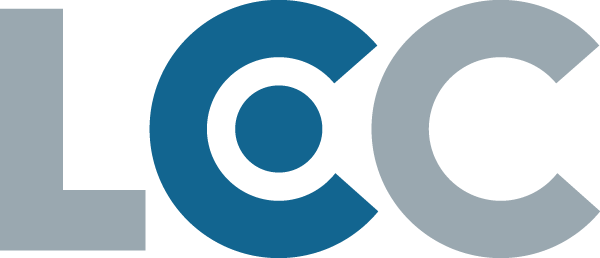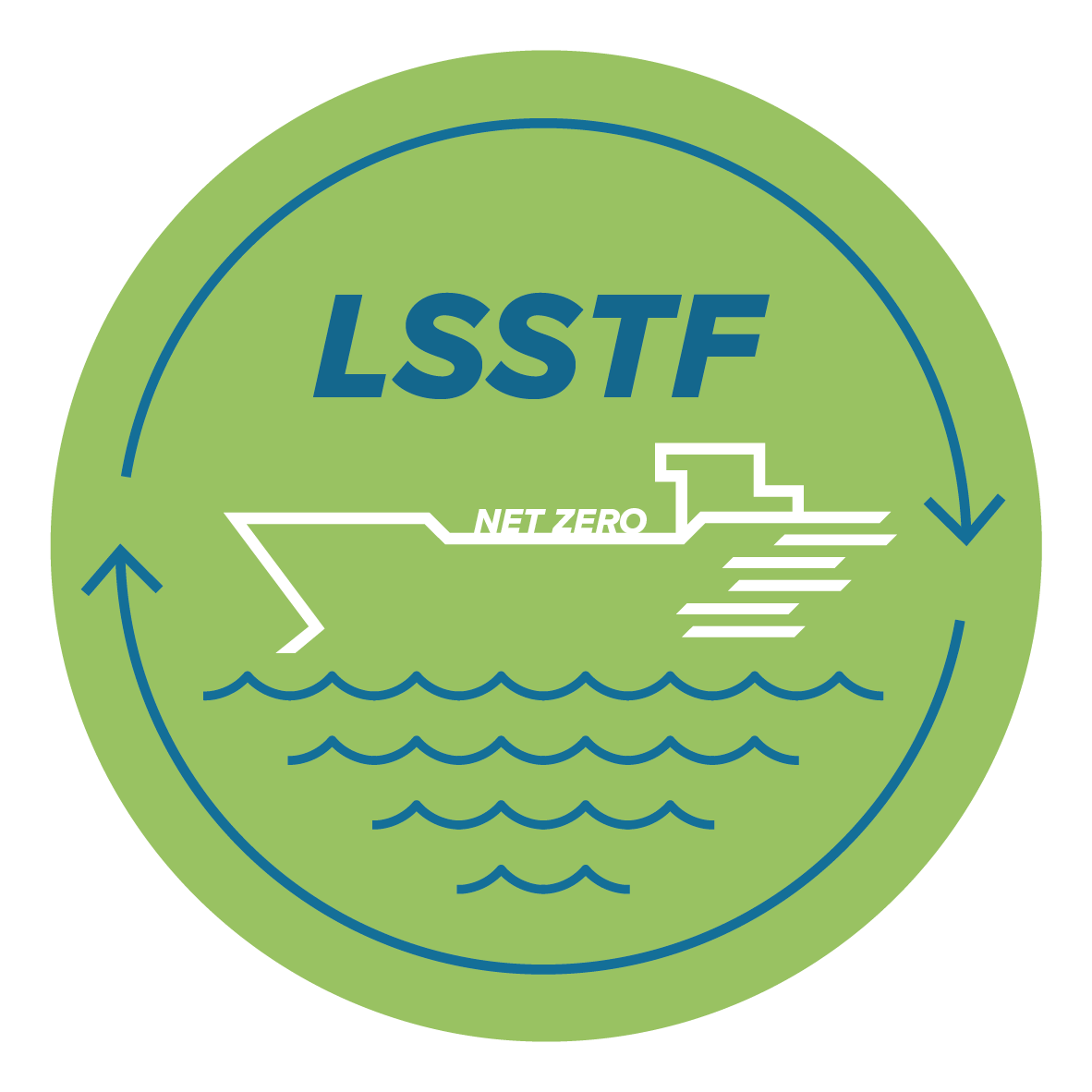Rom Rabe
University of Applied Sciences Wismar Maritime Department
-
1987 – 1990 Vocational training for mechanical- and plant installer (DSR-Lines – shipping company)
-
1990 – 1991 Technical officer cadet (shipping company “Hamburg Süd”)
-
1991 – 1993 Graduate engineer, ship operation technology
-
1993 – 1996 Ship’s engineer (sailing to obtain the patent CI)
-
1996 – 1998 Postgraduate, Mechanical engineering with specialty in energy engineering Rostock University, Department of mechanical engineering / ship technology
-
1998 – 2006 Test-Engineer, field test (MAN B&W Diesel AG Augsburg)
-
2006 – 2015 Scientist, Lehrstuhl für Kolbenmaschinen und Verbrennungsmotoren (LKV Uni Rostock) —> 2014 Doctorate, Dr.-Ing.
-
2014 – 2015 Team leader, Large engines (FVTR GmbH)
-
2015 – 2020 Professor, Ship Technology/Ship Operation (University of Applied Sciences Flensburg)
-
2020 – Professor, Marine Engineering and Operation (University of Applied Sciences Wismar Maritime Department Rostock/Warnemünde)

Challenges in the training and further education of seafarers with regard to the use of sustainable ship technologies and renewable fuels
The use of new, alternative fuels and fuel mixtures in shipping leads – in addition to the technical challenges – to the need to train the operating personnel on board accordingly. In principle, the minimum standards for the training of seafarers at different levels of responsibility are regulated in the STCW (Standards of Training, Certification and Watch keeping) conventions issued by the IMO (International Maritime Organization). These internationally valid standards, which first came into force in 1978, must be regularly adapted to technical developments. The current rapid change in the fuels used and completely new propulsion-concepts poses a major challenge, especially because there is no clear direction towards a specific fuel and one or a few propulsion-concepts.
Although special training for a specific propulsion-concept or fuel is possible, it must then be developed and certified. Such training courses are offered often – especially internationally – by certified training institutions, although these are usually special commercial courses (e.g. the IGF1 course) and the focus here is or should be on compliance with safety and hazard prevention. The demand for universally applicable training (which is achieved by awarding internationally valid certificates for all types of ships) is not met. Further, a theoretically- based understanding witch is necessary to solve safety- or technical problems on board, can’t be created within such an course.
An academic training center should focus on imparting fundamental theoretical knowledge that is applicable to the anticipation of new technologies and fuel types. In order to create appropriate teaching content, it is therefore necessary, for example, to classify current and potentially future fuels in such a way that the basics to be taught are reduced to a level that can be presented in the course of study – and at the same time are so fundamental that they can be easily adapted to specific characteristics.
The same applies to dealing with alternative drive concepts. For example, training for hybrid drives can be based on existing training content such as combustion engines and electric motors – and supplemented by (battery) storage systems without having to develop a special course for hybrid drives. In addition to basic knowledge of the cell itself, the use of fuel cells also requires basic knowledge of the properties, risks and handling of hydrogen (and its respective carrier medium such as methane, methanol or ammonia), which in turn can be combined with the training content on these media as fuels.
At this point, the training institutions face very similar challenges to the developers of the relevant technologies, namely to cover as broad a spectrum as possible – also with a view to future applications. A professional exchange between the developers of the technologies and the teaching and training institutions makes sense at this point – also against the background that the possibilities and skills of the operating personnel must be taken into account in the development of plant and safety technology. On the other hand, maritime-oriented universities in particular, with their training, form the basis for the specialists needed for research and development of corresponding technologies.
The presentation will focus on describing the necessities and challenges regarding the creation of training standards and will provide an overview of the current discussion in the IMO working group on this topic. A few different, partly contradictory approaches will be presented and the German and EU position will be explained. Based on this, questions will be formulated which are the focus of the discussion.
1 International Code of Safety for Ship Using Gases or Other Low-flashpoint Fuels



